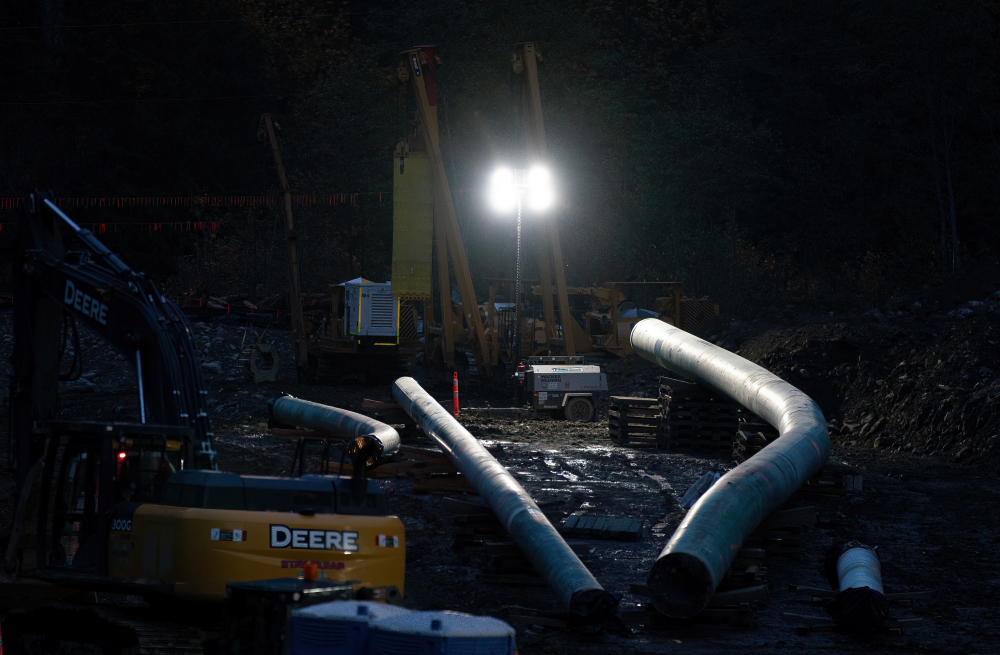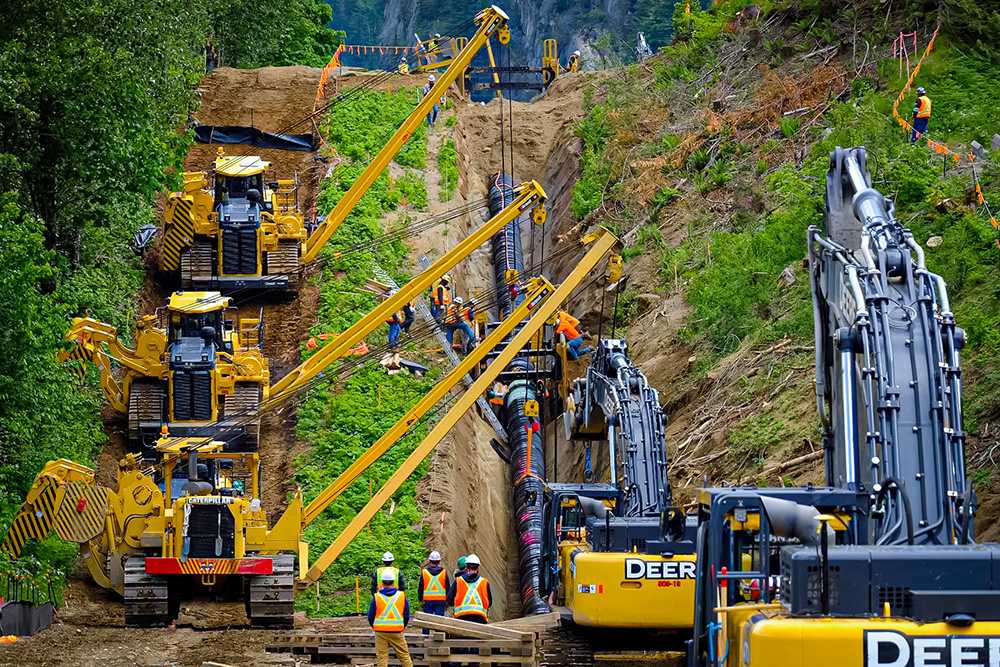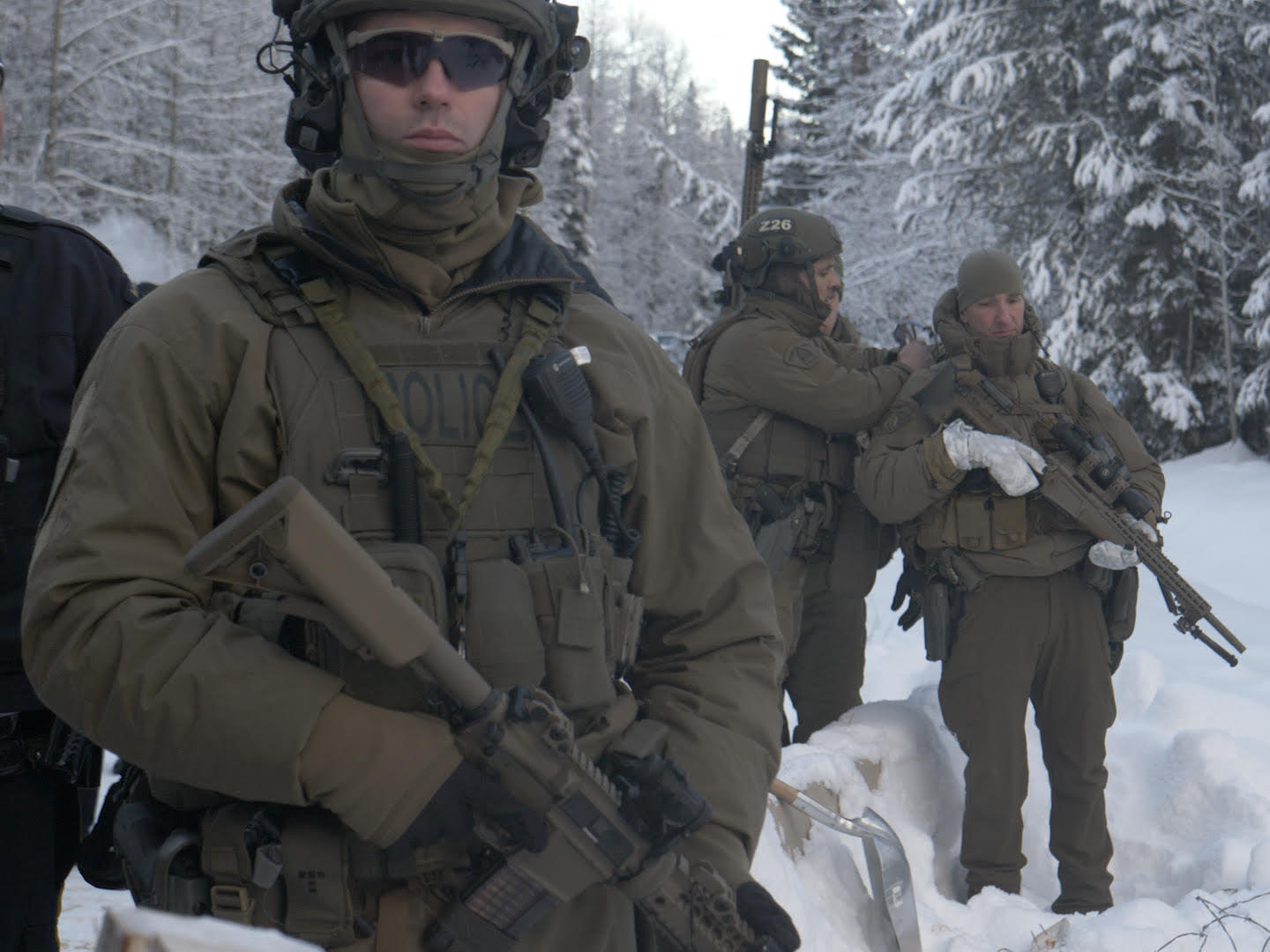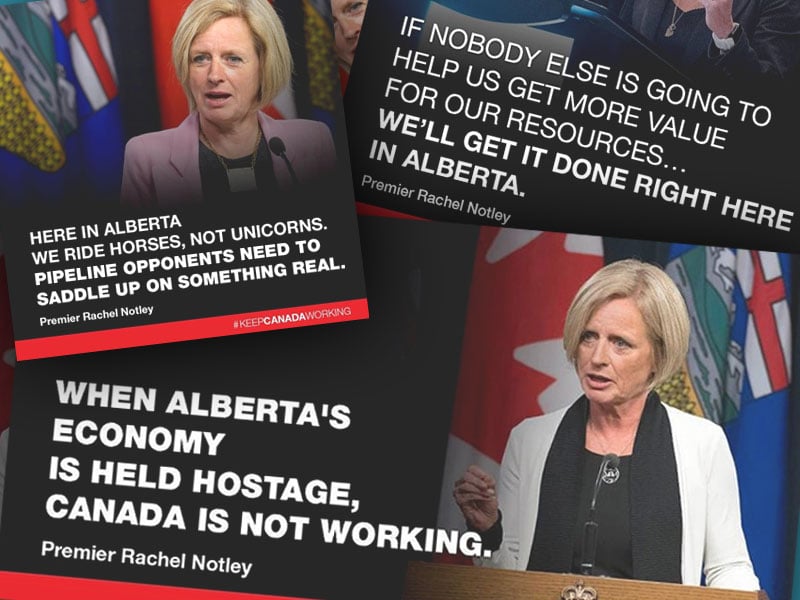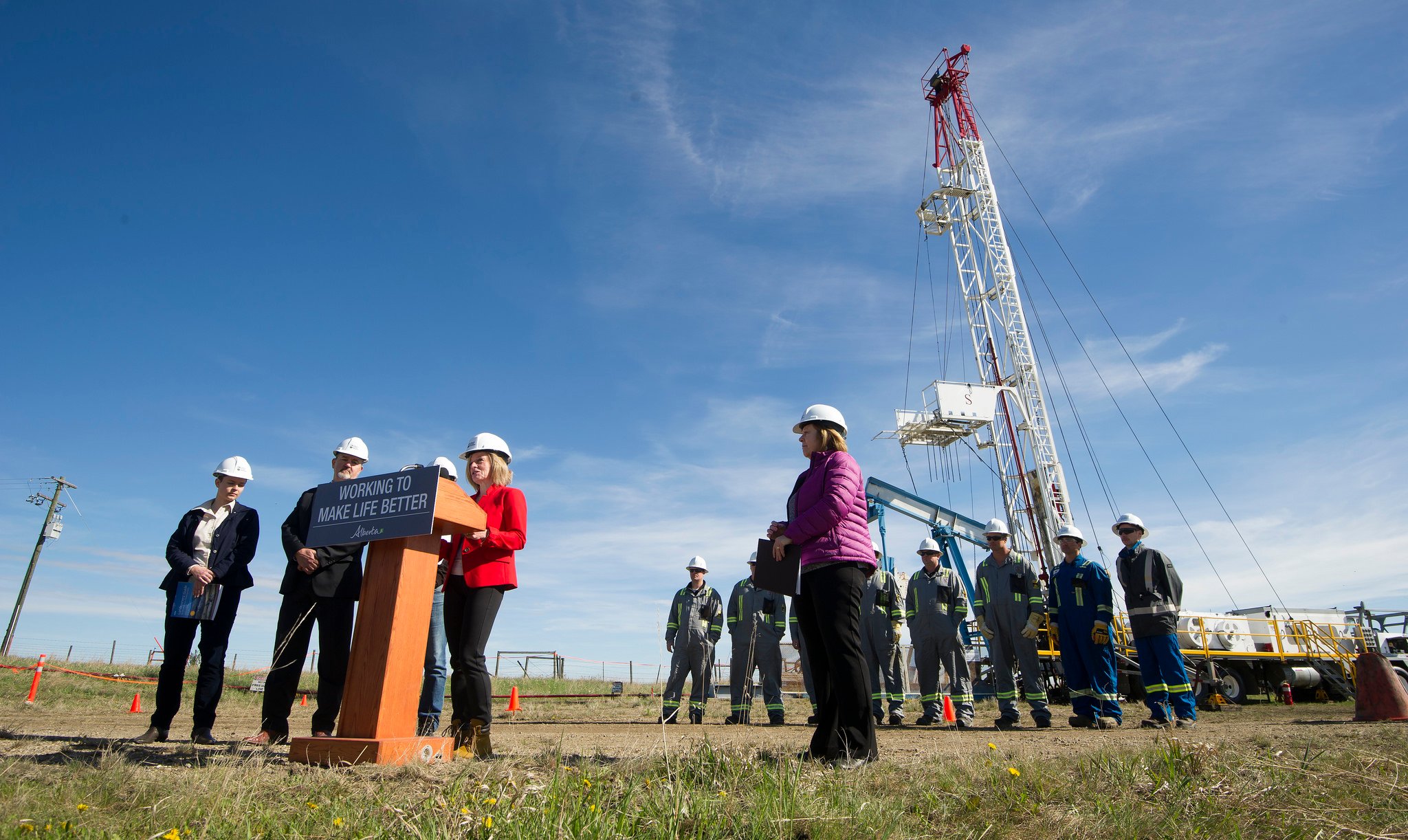Emily Sutton loves the Haw River, with its boulders and whitewater, perfect for rafting. The river’s 110 miles flow through rural North Carolina, touching six counties in the state. But the Haw, which Sutton advocates for as its “riverkeeper” with the Haw River Assembly, is also the backdrop of an ongoing battle against a proposed pipeline, which threatens the health of the river and those who enjoy it.
Plans for the Mountain Valley pipeline were first announced in April 2018. The proposed pipeline would transport fracked gas 300 miles from West Virginia to a compressor site in southern Virginia, and then another 70 miles into northern North Carolina. This last section is called the Mountain Valley Southgate Extension, and it goes through the state to allow a major stakeholder that already services nearly 30% of counties to expand its market. It is this section of the pipeline that would decimate the Haw River.
The pipeline was originally supposed to be completed in less than a year and cost financial partners $3.5 billion. But four years of coordinated cross-state grassroots resistance to the pipeline’s construction has thus far prevented the Mountain Valley pipeline corporation from laying even an inch of pipeline in North Carolina soil. New county, city, and state laws have a far reach in preventing pipelines that are slated to start in one state and end in another, as seen with a Virginia state law that impacts the North Carolina section of the pipeline.
…click on the above link to read the rest of the article…



